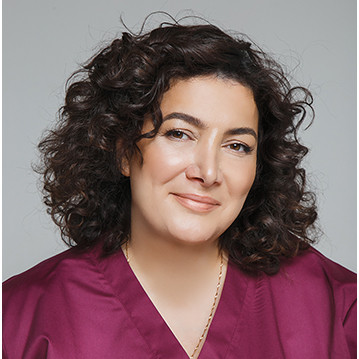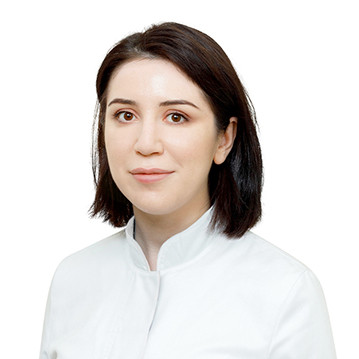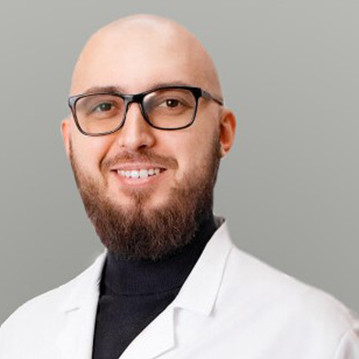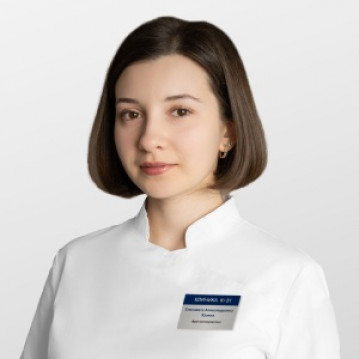Major diseases and methods of early diagnosis
The large intestine completes the long work of processing food, supplies the body with the substances it needs. Violation of the organ's activity leads to the development of all kinds of diseases, for example:
- Crohn's disease;
- hemorrhoids;
- ulcerative colitis;
- chronic enterocolitis;
- ischemic colitis;
- dysbiosis;
- endometriosis;
- intestinal adhesive disease;
- irritable bowel syndrome;
- oncological processes.
Before starting treatment, it is necessary to determine (diagnose) the disease and identify the causes of its occurrence.
Diagnostic methods:
- Ultrasound;
- radiography;
- endoscopy;
- CT scan;
- laboratory diagnostics, including the HTSA method.
Oncological processes are detected using histology. Specialists analyze the tissue site of the neoplasm. The method of treatment in this case is determined depending on the presence of the disease in other organs and cells.









